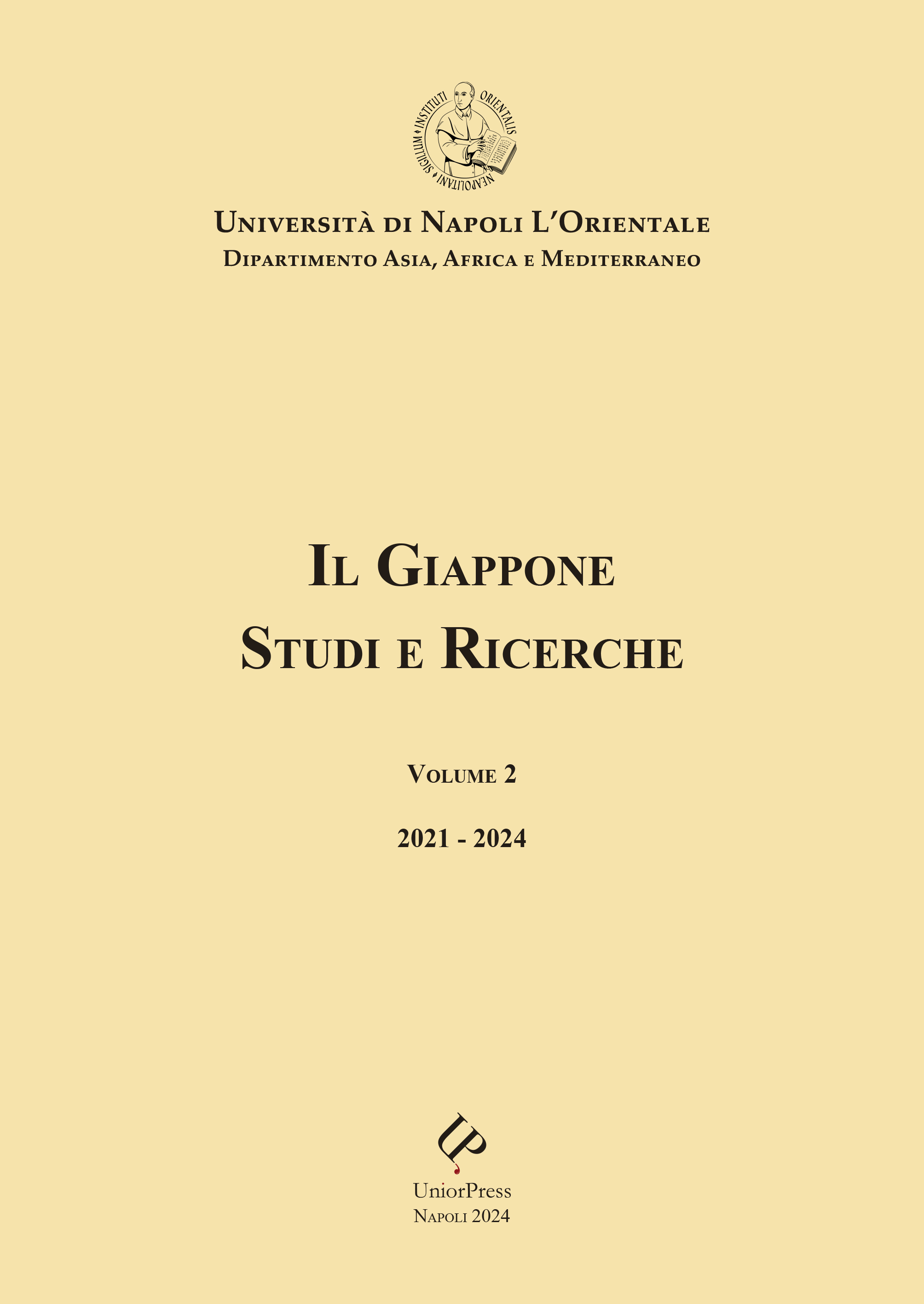MIKADO BAZAAR DI SUNDERLAND E JAPANESE SHOP DI DARLINGTON: PRESENZA DI ARTICOLI GIAPPONESI NEI NEGOZI DEL NORD-EST DELL’INGHILTERRA, 1860-1900
DOI:
https://doi.org/10.6093/2724-4369Abstract
In the second half of the nineteenth century, many European countries and North America were hit by a great wave of interest in all things Japanese. This article examines how local retailers played a central role in spreading this cultural phenomenon in a peripheral region, namely the
North East of England.
Through more or less specialist shops, Japanese decorative articles such as textiles, ceramics, lacquerware, and fans became accessible in the North East at the same time as many other parts of Great Britain. By drawing upon newspaper advertisements, it has been possible to demonstrate that
local retailers promoted the same idealised vision of pre-modern Japan that was intertwined with the countrywide desire for cosmopolitanism.
The Mikado Bazaar in Sunderland exploited this new pattern of consumption by arranging a multifaceted shopping experience through which customers could virtually travel to an idealised Japan without leaving Sunderland. Such a reassuring and desirable image of Japan was instrumental in reducing Japanese culture to the state of a commodifiable set of objects.
While the Mikado Bazaar demonstrates how national and global trends can be seen in the North East of England and how such shops become mediators disseminating cultural phenomena for the local community; the Japanese Shop in Darlington reflects the complementary tendency.
Probably inspired by Japan-themed events organised in Darlington, the owner of the Japanese Shop in Darlington took advantage of the already established popularity of Japanese themes among the members of the local community in order to associate non-Japanese articles to the aesthetic excellence commonly attributed to Japanese artistic traditions.


